12 Budget-Friendly Car Care Tips Every Driver Should Know
Taking care of your car does not have to cost a fortune. With the right habits, you can stretch the life of your vehicle and avoid expensive repairs. Auto mechanics often share practical advice that drivers can use every day. These simple steps can keep your car running smoothly while saving you money in the long run. Keep reading to learn how to put these tips into practice for yourself.
This post may contain affiliate links, which helps keep this content free. Please read our disclosure for more info.
Regular Oil Changes
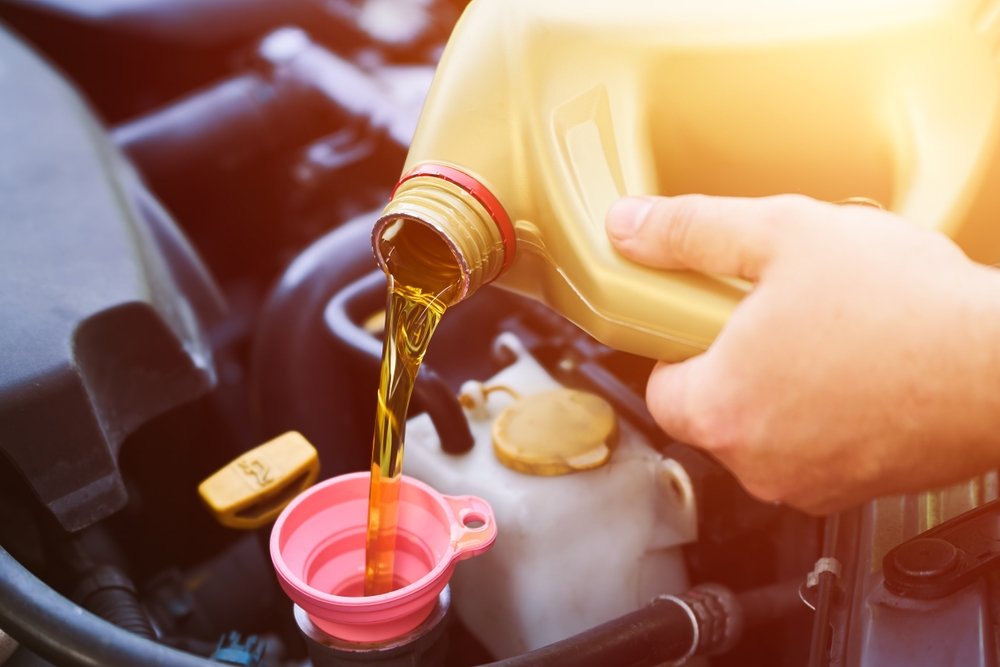
Changing your oil on schedule is one of the simplest ways to keep your engine healthy. Dirty oil can lead to increased friction and overheating, which shortens the life of your car. Mechanics recommend checking your oil level at least once a month. Following the manufacturer’s suggested oil type helps prevent long-term damage.
The cost of an oil change is far less than the price of major engine repairs. Skipping changes may cause sludge buildup that affects performance. Many shops offer discounts for routine oil service. Making this a habit saves money and keeps your car dependable.
Check Tire Pressure Often
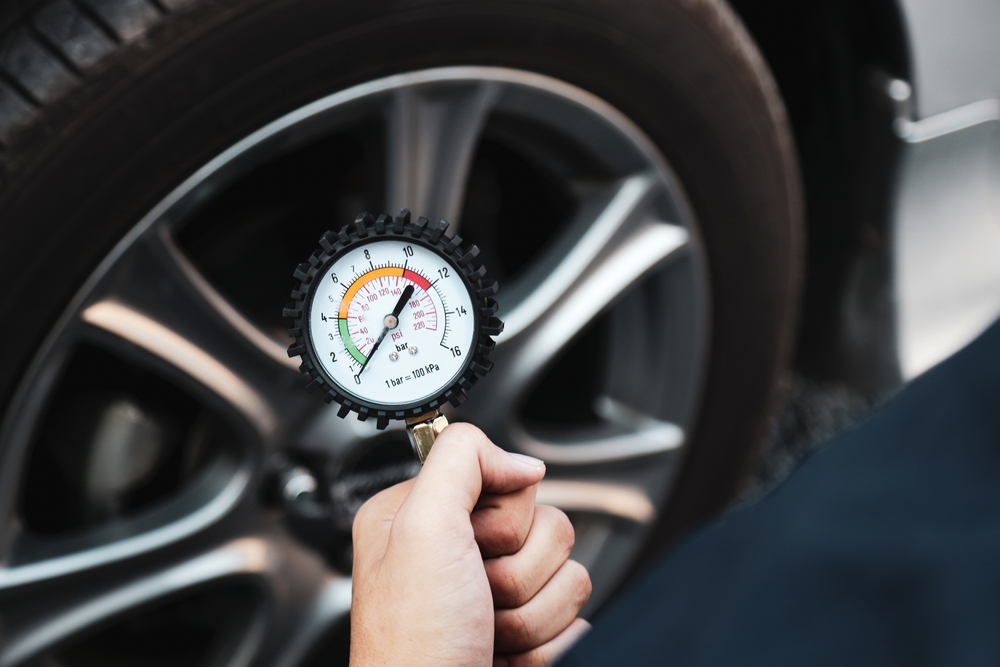
Tires that are underinflated or overinflated can wear unevenly and reduce fuel efficiency. Mechanics suggest checking tire pressure once a month, especially before long trips. Keeping the right pressure improves handling and safety on the road. Your owner’s manual lists the correct pressure for your vehicle.
Driving with the proper inflation level extends the life of your tires. It also helps you save money at the gas pump since the car runs more smoothly. Many gas stations and repair shops offer free air pumps. A few minutes of attention each month can prevent costly replacements.
Rotate Tires Regularly
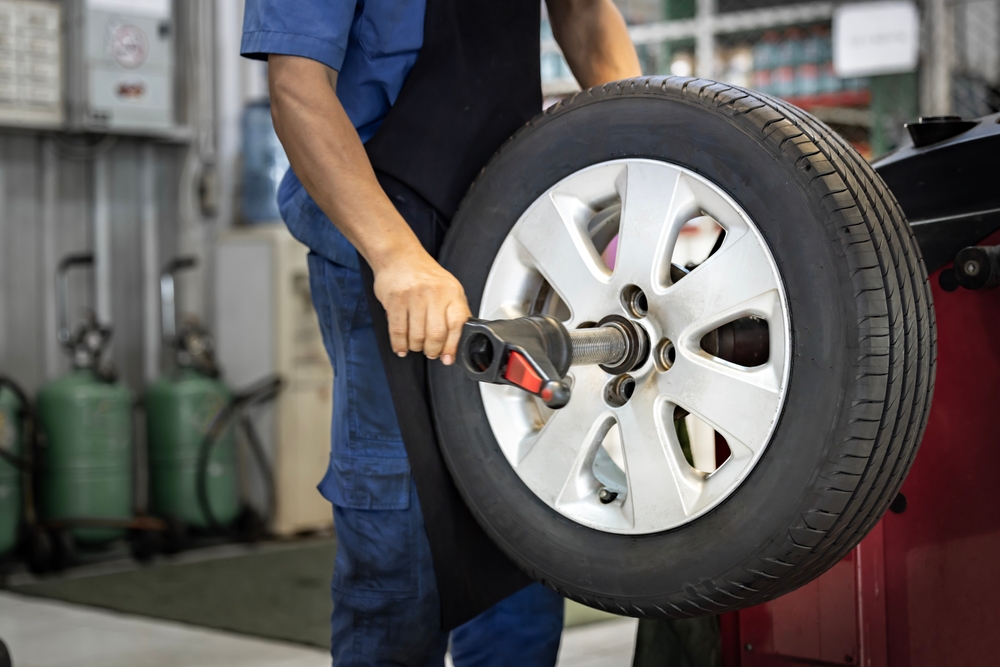
Tire rotation allows even wear, which extends the lifespan of your set. Front tires often wear faster because they carry more weight during steering and braking. Mechanics usually suggest rotation every 5,000 to 7,000 miles. Following this schedule can delay the need for new tires.
Balanced wear makes driving safer and smoother. Uneven tires may cause vibration and affect alignment. Most shops rotate tires at a low cost or include it with oil changes. Keeping up with this service reduces long-term expenses.
Replace Air Filters
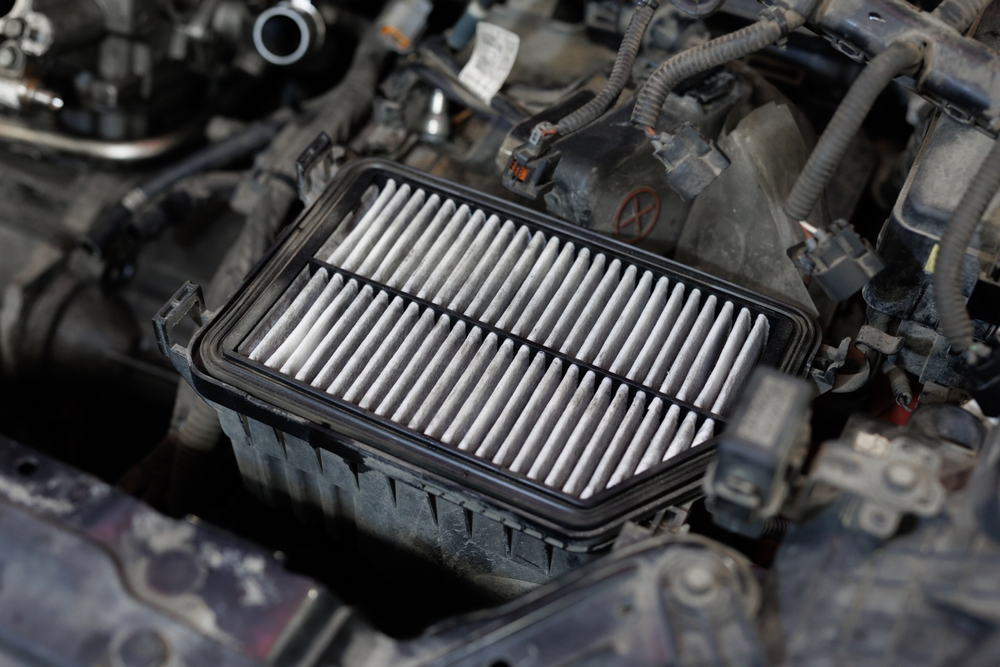
Air filters keep dirt and debris from entering the engine. Over time, clogged filters make the engine work harder and use more fuel. Mechanics recommend checking them at least once a year. Clean filters improve airflow and help your car run more efficiently.
Replacing an air filter is quick and inexpensive. You can even do it yourself with a few simple tools. A new filter may improve gas mileage and extend engine life. Spending a small amount now saves larger costs later.
Keep Fluids Topped Up
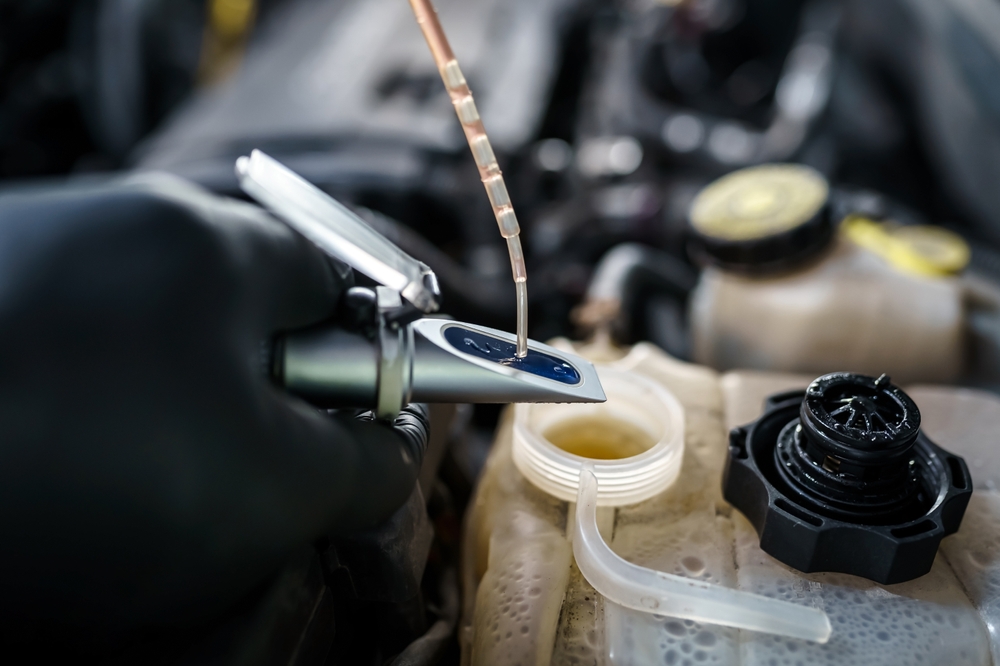
Your car relies on several fluids, such as coolant, brake fluid, and transmission fluid. Low levels can lead to overheating, weak brakes, or transmission failure. Mechanics suggest checking fluid levels regularly and topping them off when needed. Each fluid has a different interval for replacement listed in your manual.
Maintaining fluids prevents expensive breakdowns. For example, changing coolant can protect your radiator and engine from heat damage. Brake fluid replacement improves stopping power and safety. Staying on top of these checks avoids major repair bills.
Inspect Belts and Hoses
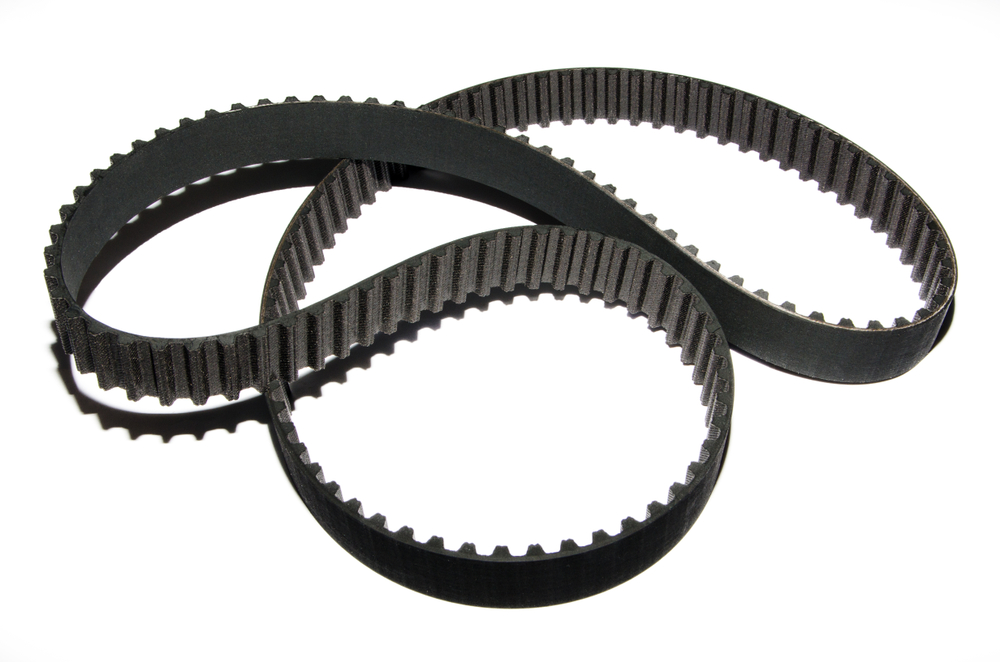
Belts and hoses may look simple, but they are vital for engine operation. Cracked or worn belts can snap and cause breakdowns. Mechanics usually check them during routine service visits. Catching wear early avoids being stranded on the road.
Replacing belts and hoses before they fail is much cheaper than repairing the damage they cause. For example, a broken timing belt can destroy an engine. Many of these parts are affordable and quick to replace. Spending a little now saves you from bigger costs later.
Keep Your Battery Clean
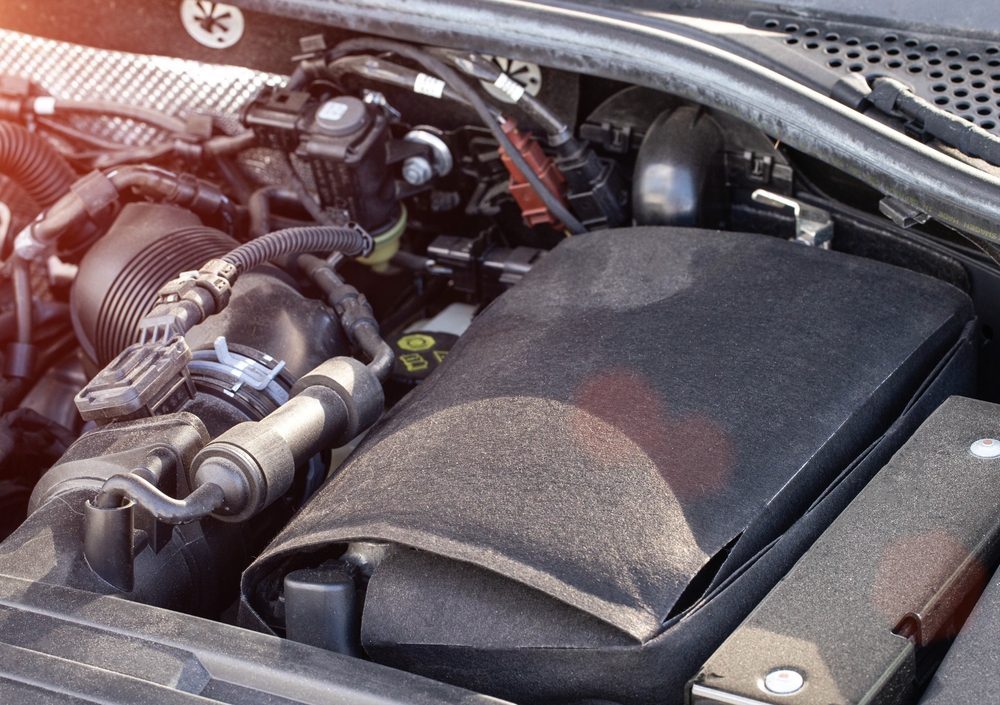
A car battery with corrosion on the terminals may have trouble starting. Cleaning the terminals with baking soda and water helps keep connections strong. Mechanics suggest checking the battery at every oil change. Batteries generally last three to five years depending on use.
A clean and well-maintained battery reduces the risk of sudden failure. Jump-start services can be costly and inconvenient. Replacing an old battery on time avoids getting stuck on the road. Simple care can extend battery life and reduce stress.
Replace Wiper Blades
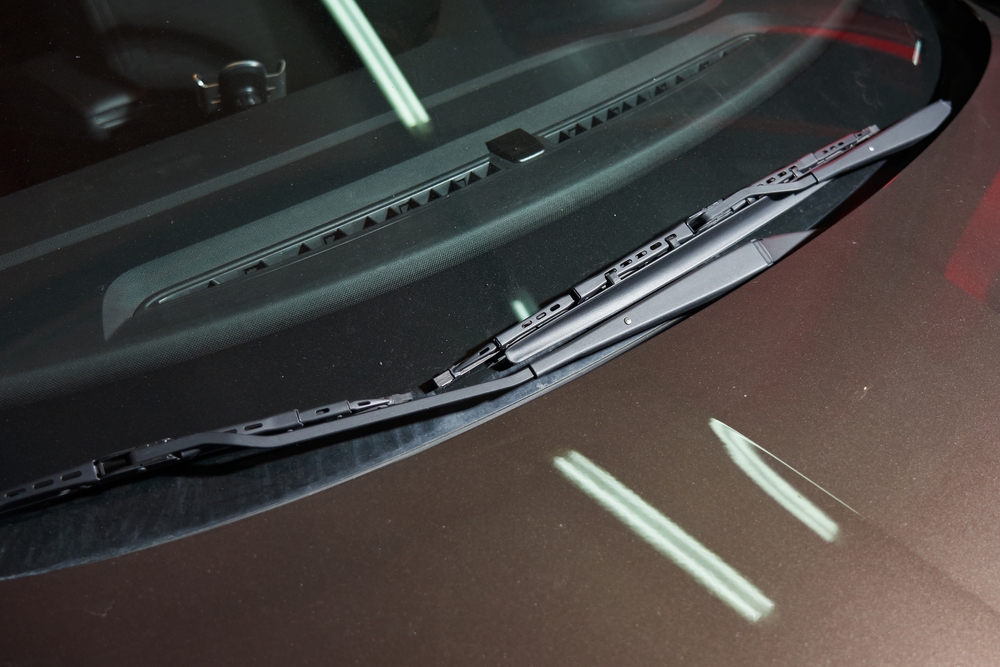
Worn wiper blades make driving dangerous during rain. Streaks and poor visibility increase the risk of accidents. Mechanics recommend replacing blades once or twice a year. It is a small cost compared to the safety they provide.
Fresh blades help protect your windshield as well. Old rubber can scratch the glass if it breaks apart. Many drivers replace blades themselves in minutes. This inexpensive step improves safety and prevents costly glass repairs.
Wash and Wax Regularly
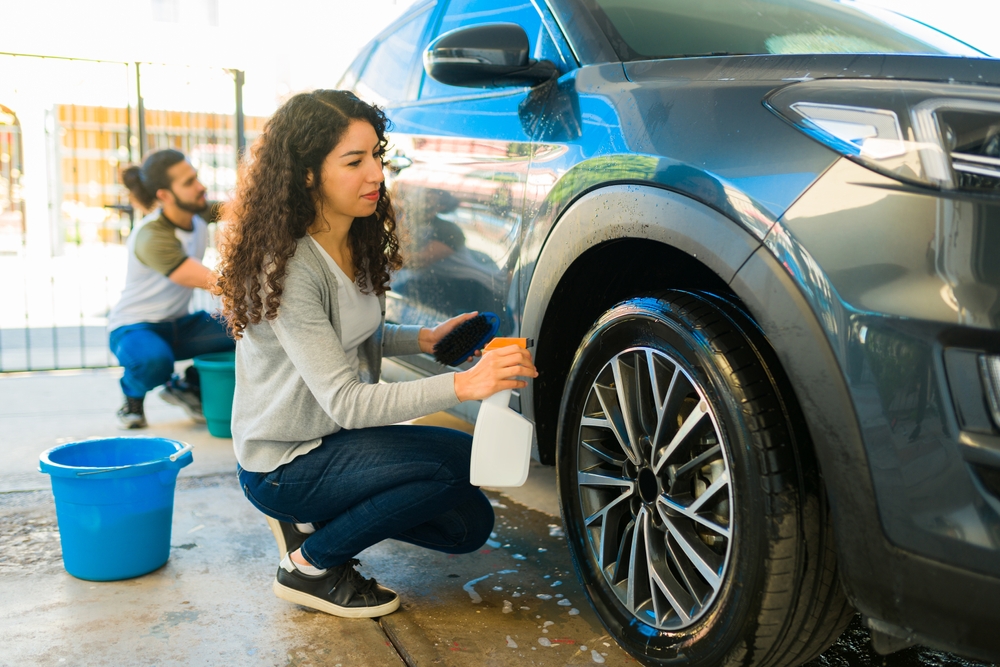
Keeping your car clean is about more than looks. Dirt, salt, and road grime can eat away at paint and cause rust. Mechanics recommend washing your car at least once every few weeks. Waxing adds a layer of protection that keeps the finish lasting longer.
Regular washing also helps you spot small issues early, such as paint chips or dents. Rust repair can be expensive if ignored. A small investment in cleaning supplies saves money on bodywork later. Clean cars also tend to have higher resale value.
Pay Attention to Brake Pads
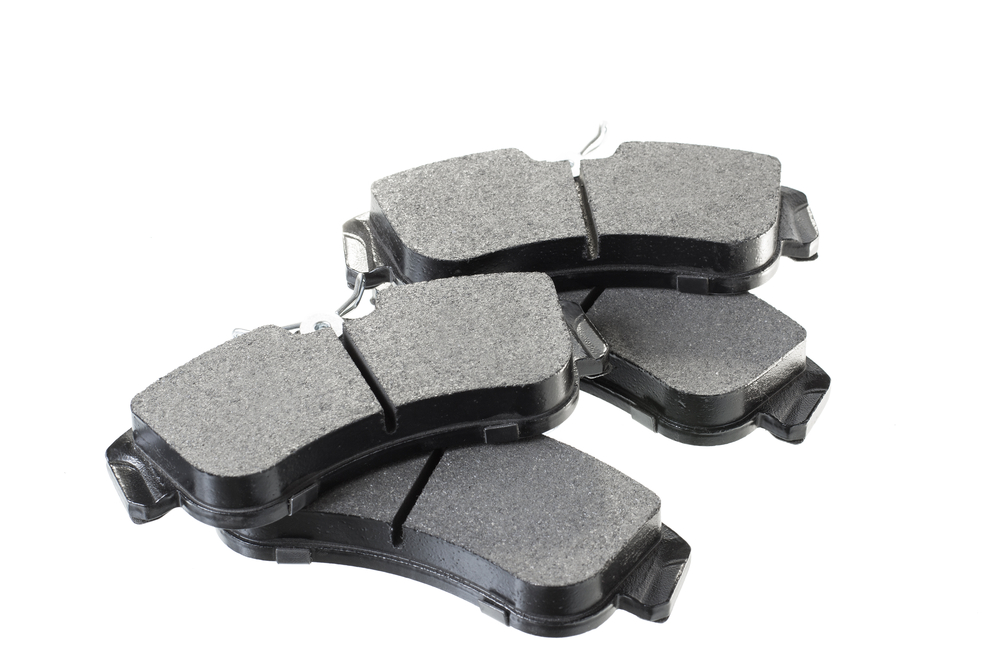
Brake pads wear down with use and need regular inspection. Squeaking or grinding noises are signs that pads are too thin. Mechanics often check them during tire or oil service. Catching wear early helps avoid rotor damage.
Replacing brake pads is much cheaper than replacing rotors. Safe brakes are critical for driving, so ignoring them is risky. Pads are designed to be replaced regularly, making them a predictable expense. Taking care of them saves money and keeps you safe.
Do Not Overlook Lights

Headlights, brake lights, and turn signals are easy to forget until they stop working. Driving with faulty lights is unsafe and may result in fines. Mechanics suggest checking all lights once a month. Replacing bulbs is usually quick and inexpensive.
Functioning lights improve safety and visibility. LED replacements last longer and cost less over time. Keeping spare bulbs in your car can prevent unexpected problems. This small habit avoids tickets and makes night driving safer.
Drive Gently

How you drive affects how long your car lasts. Rapid acceleration and hard braking wear down parts faster. Mechanics recommend steady driving for better fuel efficiency and less stress on the vehicle. Smooth driving habits reduce wear on brakes, tires, and engine components.
Gentle driving saves money by lowering fuel costs and reducing repairs. It also makes your car more reliable over time. Avoiding aggressive driving extends the life of many parts. Good habits behind the wheel are one of the most economical maintenance tips available.
This article originally appeared on Avocadu.
